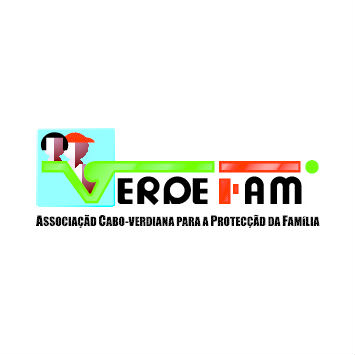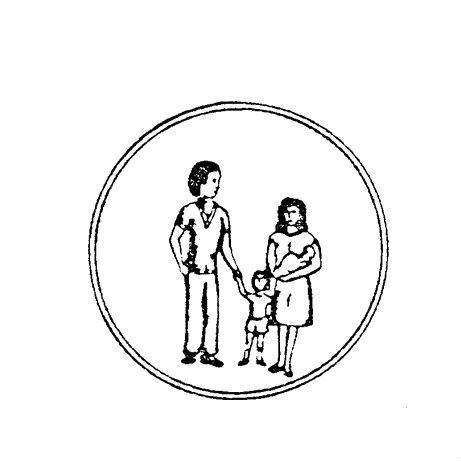

| 31 March 2016
Associação Caboverdiana para a Proteção da Familia (VERDEFAM)
Established in 1995, the Associação Cabo-Verdiana Para a Protecao Da Familia (VERDEFAM) serves a population of just over 500,000, about 10% of people living in the Republic of Cape Verde. Cape Verde is an archipelago of 10 islands located in the central Atlantic Ocean, 570 kilometres off the coast of Western Africa. Through static service points and mobile clinics, the organization offers family planning, the prevention and treatment of sexually transmitted infections (STIs) including HIV and AIDS, and antenatal and post-natal care. Staff are supported by a large group of volunteers and specially-trained peer educators. VERDEFAM also works in collaboration with Cape Verde National TV to produce health sensitization programmes. Because of its wide-ranging sexual and reproductive health (SRH) expertise, VERDEFAM was invited to participate in the national committee of strategic SRH organizations which together formulated Cape Verde’s National Reproductive Health programme and the 2006-2011 National HIV and AIDS Strategic Plan. Despite its relatively high level of development compared with many other African countries (according to a variety of international indices) the country still has worryingly high maternal and infant mortality counts. Together, these SRH challenges emphasize the importance of VERDEFAM’s services to the men, women, young people and children of the Republic. VERDEFAM works in partnership with a number of government departments, including the Ministry of Health, the Cape Verdian Institute for Gender Equality and Equity (ICIEG), the Committee for the Coordination and fight against HIV and AIDS (CCS-SIDA), the Committee for the Coordination of the fight against Drugs (CCCD) and the Ministry of Education. Civil society partners include the Organizaçao das Mulheres de Cabo Verde (OMCV) and the Red Cross and Acrides. It also works with national networks: the Comité de Coordination du Combat au VIH/SIDA, the Comité Municipal de Santé de la mairie de Praia and the Plateforme des ONGs du Cap-Verde. VERDEFAM receives funding from GTZ, the UNFPA, the National HIV and AIDS Council (BM/CCS-SIDA), ICIEG/SNU), UNICEF and UNAIDS. VERDEFAM has a private sector partnership with the national telecom company. Contacts Website: www.verdefam.cv Facebook: https://www.facebook.com/verdefam.verde

| 31 March 2016
Dominica Planned Parenthood Association
Founded in 1976, the Dominica Planned Parenthood Association (DPPA) focused on providing information and education to support the government’s clinical service delivery programme in its early years. It began delivering contraceptive services in response to the significant contraceptive needs of Dominicans (particularly among teenagers), and the staffing constraints of the government programme. As a result, people could be sure of at least one inexpensive, private outlet where their family planning needs could be fully met. DPPA’s clinic is located the centre of the capital city and provides a range of services including family planning, pregnancy tests, family counselling and PAP smear screening. There’s an established community outreach programme which provides family planning through volunteers and shop owners, and an extensive programme of information and education activities. These include distributing pamphlets and posters, broadcasting short talks about family planning on radio and television and conducting community discussions. The negative effects of Dominca’s high adolescent pregnancy rate are aggravated by local practices that force pregnant girls to drop out of school permanently. To reach young people, DPPA provides sexuality and life skills education in secondary schools and to adolescents outside the school system through rap sessions, lectures, discussions and films. DPPA has also established an Under 20 Club, a teen group that trains its members as peer educators. BFLA is an associate of an umbrella organization known as the Caribbean Family Planning Affiliation Ltd (CFPA). The Caribbean Family Planning Affiliation (CFPA) is the only regional non-governmental organization (NGO) devoted to family planning and sexual and reproductive health in the Caribbean. CFPA serves 13 island Member Associations and 5 Associate Member Associations in the Caribbean, Central and South America. It supports these Associations with technical assistance and materials, and represents their collective interests at IPPF meetings and in the Caribbean region among governments and NGOs. CFPA Member Associations are located in Anguilla, Antigua, Aruba, Bahamas, Bermuda, Curacao, Dominica, Grenada, Guadeloupe, Martinique, Nevis and St. Kitts, St. Lucia and St. Vincent. CFPA Associate Member Associations are located in Belize, Barbados, Guyana, Jamaica, Suriname, and Trinidad and Tobago. The CFPA does not offer any clinical services or distribute family planning methods to clients, but rather focuses its work on governance and institution-building among its Member Associations. The CFPA oversees, manages and analyses core grants to 7 Caribbean Member Associations. The CFPA also submits project proposals for donor funding on behalf of the Associations. DPPA's Facebook page: https://www.facebook.com/Dominica-Planned-Parenthood-Association-154855487890859/







